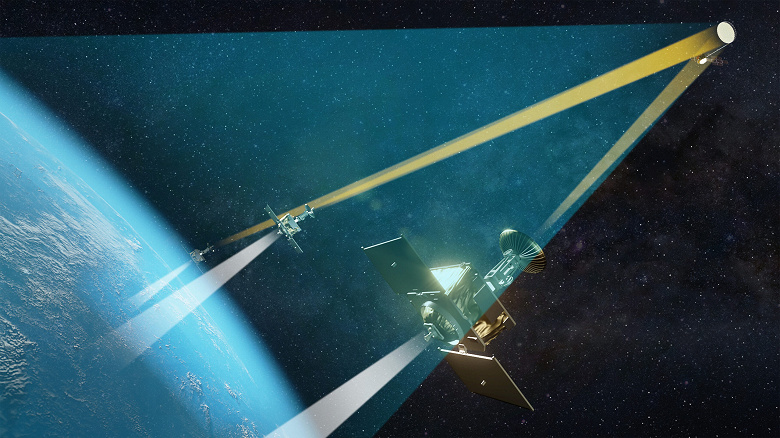Collaboration will optimize real-time data transmission for advanced space missions
Viasat, one of the leaders in the field of satellite communications, announced a strategic partnership with Rocket Lab USA. The main goal of this partnership — demonstration of low-latency data relay technologies for LEO (Low Earth Orbit) satellites, marking a major milestone in space communications.
Viasat has selected Rocket Lab as a technical partner for its NASA Communications Services Project (CSP). This collaboration will demonstrate the capabilities of multi-band space relay, which meets the requirements of modern space missions and contributes to the development of communication systems in near-Earth missions.
The main purpose of these demonstrations — showcase a portfolio of multi-band space relay services designed specifically for low-Earth orbit space missions. The ability to provide optimal data management with minimal transmission latency and high throughput in real time — an important achievement in the field of space communications. LEO satellites have traditionally encountered line-of-sight communication problems with ground stations, resulting in significant data transmission delays during mission operations. Viasat's Ka-Band and L-Band relay solutions are specifically designed to mitigate this issue by providing near real-time communications with low data latency.
Additionally, a dedicated Ka-band Real Time Space Relay (RTSR) terminal is expected to leverage Viasat's high-performance Ka-band satellite network in Earth orbit to provide LEO satellite operators with on-demand access to mission-critical data. The InCommand system, using Viasat's L-band network, will enable real-time telemetry, tracking and control (TT&C) throughout the spacecraft's entire orbit. As part of the partnership, Rocket Lab will provide an L-band radio called Frontier, designed to support various TT&C applications in the InCommand system.
The demonstration mission, scheduled for early 2026, will take place using Viasat's Real-Time Earth Station (RTE) Earth as a Service, providing direct communications to S-, X- and Ka-bands.
Michael Maughan, vice president of space and mission systems for Viasat Government Systems, noted that the developed space relay services provide a flexible, cost-effective and scalable solution for government and commercial LEO satellite operators, meeting the unique needs of various applications. and missions.
The Rocket Lab spacecraft will serve as the basis for the mission demonstration. It will provide the necessary power, communications, propulsion and attitude control. It will include satellite components and subsystems, including star trackers, solar panels, S-band radios, and software.

